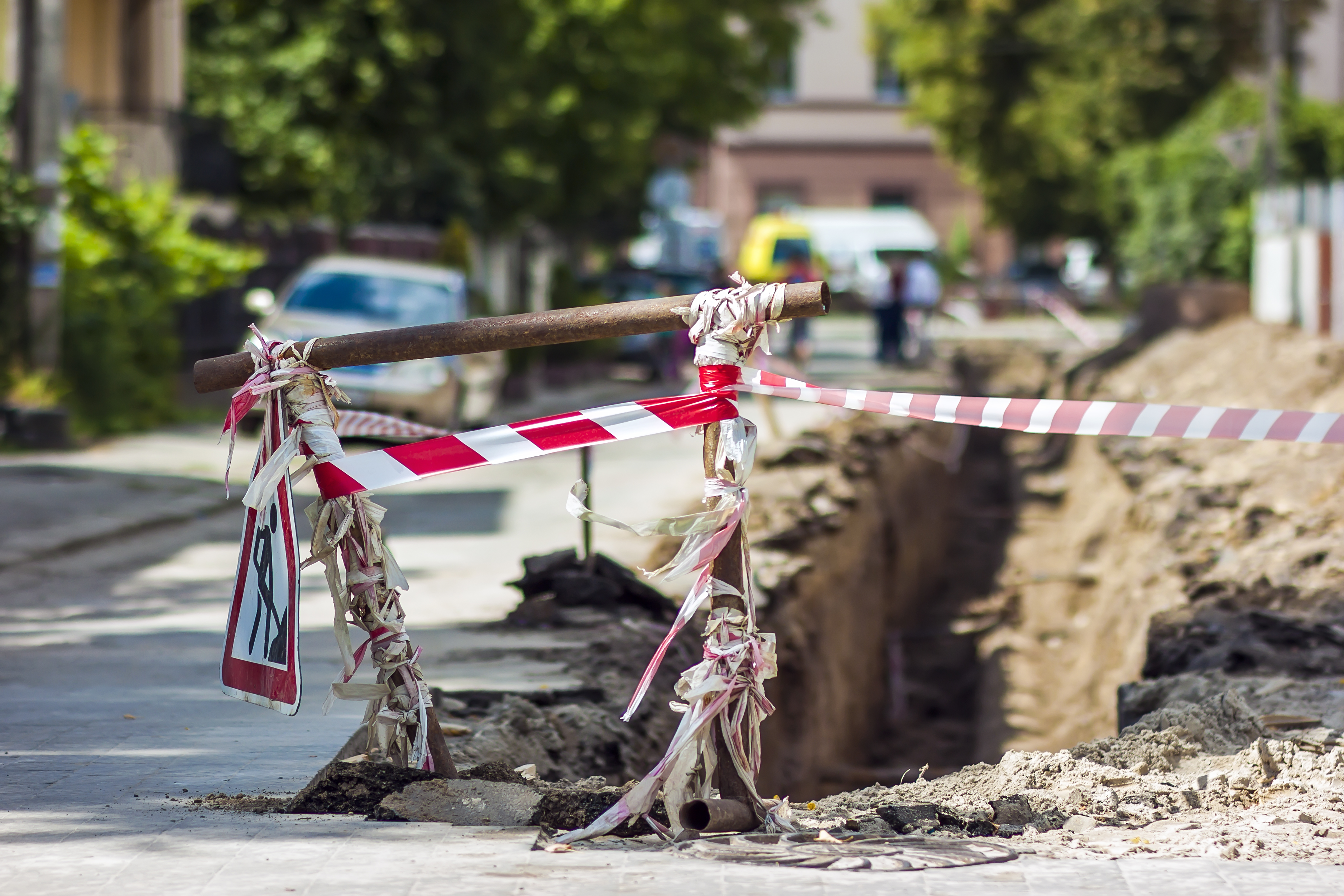Sinkhole and Collapse Claims:
Sarasota Home and Business Owners’ Guide to Coverage
Sarasota County’s limestone bedrock makes sinkholes and structural collapse a lurking threat for homes and businesses, from Siesta Key condos to downtown storefronts. Sinkholes are rarely covered under standard insurance, but collapse—even a few inches—can be a total loss claim if proven. Florida laws shape these claims, with exemptions and deductibles adding complexity. This guide helps Sarasota property owners understand sinkhole and collapse coverage, navigate state regulations, and build strong collapse claims with evidence and resources.
Sinkhole Coverage: Rarely Included in Sarasota
Sinkholes—ground subsidence from dissolved limestone—are a known risk in Sarasota County, but standard homeowners and business insurance excludes them. Florida Statute 627.706 requires separate sinkhole coverage, often an endorsement costing extra premiums, covering “catastrophic ground cover collapse” (e.g., a sudden drop swallowing a Gulf Gate home). Without it, you’re uncovered for sinkhole damage—cracks in walls or floors don’t qualify unless the policy specifies (Source: Florida Statute 627.706).
Check your policy for “sinkhole loss” or “earth movement” exclusions—most deny unless you’ve opted in. The Florida Office of Insurance Regulation (FLOIR) helpline at 1-877-693-5236 explains options (Source: FLOIR Consumer Services).

Collapse Claims: A Potential Path to Recovery
Collapse—structural failure like a sagging floor or caving wall—can be covered under standard policies if sudden and caused by a covered peril (e.g., hidden decay, weight of rain). In Sarasota, even a few inches of drop in a Lakewood Ranch garage or Tamiami Trail office can render a property a “total loss” if uninhabitable. Florida law defines “collapse” as an abrupt fall or severe impairment, per case law—not gradual settling (Source: Florida Statute 627.402).
File with proof: “Heavy rain caused my Fruitville Road shop’s roof to collapse inward.” Photograph cracks, shifts, or debris—small drops matter if safety’s compromised. Florida allows three years to file, but act fast—insurers may call it “wear” (Source: Florida Statute 627.70132).
Proving Collapse: Building a Strong Claim
Collapse claims succeed if you prove a sudden event—hidden rot from a leak or storm weight collapsing a Longboat Key ceiling. Get a structural engineer’s report—expect $500-$1,000—to document failure (Source: HomeAdvisor Structural Inspection Costs). Photos of pre- and post-collapse conditions (e.g., sagging beams, fallen drywall) plus weather data from National Weather Service Tampa Bay Area tie it to a peril (Source: NWS Tampa Bay).
Florida Laws: Insurance Exemptions and Deductibles
Florida Statute 627.706 mandates insurers offer sinkhole coverage, but it’s optional—many in Sarasota skip it, leaving gaps. Collapse deductibles align with standard claims—$500-$1,000 for homes, higher for businesses—unless tied to a named storm (e.g., 2-5% of value). Exemptions exist—Citizen’s Property Insurance, a state-backed option, covers collapse but limits sinkholes to “catastrophic” cases (Source: Citizens Property Insurance). Sarasota County’s Sinkhole Information maps risk zones—knowledge, not coverage.
Frequently Asked Questions About Sinkhole and Collapse Claims
Is a small collapse covered?
Does standard insurance cover sinkholes?
What if my claim is denied?
Sinkhole and Collapse Myths vs. Facts
Myth: “Sinkholes are always covered.” Fact: Rarely—needs special coverage (Source: FLOIR Basics).
Fact: Collapse from hidden decay can be a strong claim—prove it (Source: Florida Statute 627.402).
Myth: “Cracks mean collapse.” Fact: Cracks alone don’t—sudden failure does (Source: FLOIR FAQs).
Recovering from Sinkholes and Collapse in Sarasota
Sinkholes and collapse threaten Sarasota properties, from Venice homes to St. Armands Circle businesses. Sinkholes need special coverage, but collapse claims can succeed with proof—engineer reports and photos turn inches into payouts. Florida laws, FLOIR, DFS, and county resources guide you. If insurers deny despite evidence, a Sarasota insurance lawyer may be your next step.
